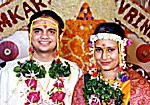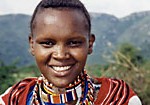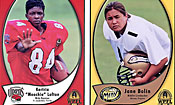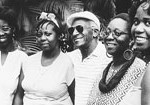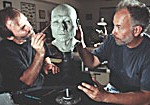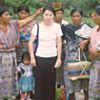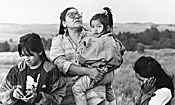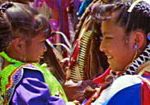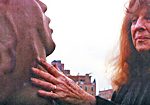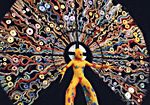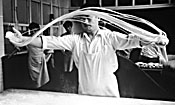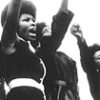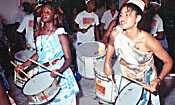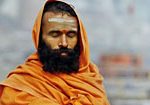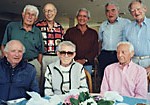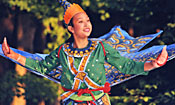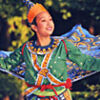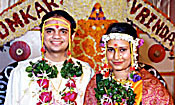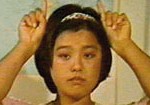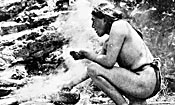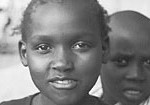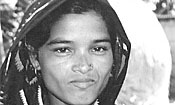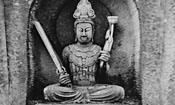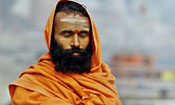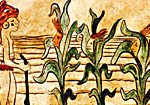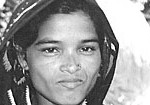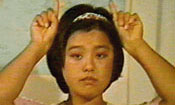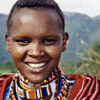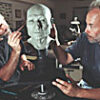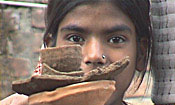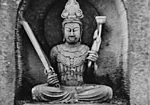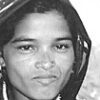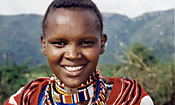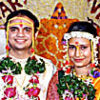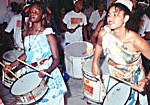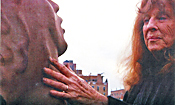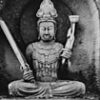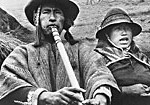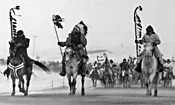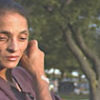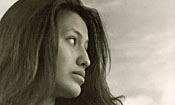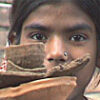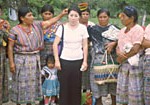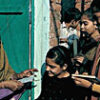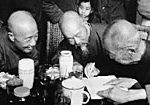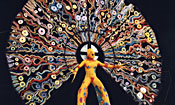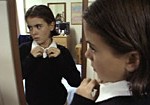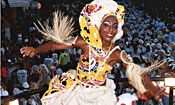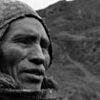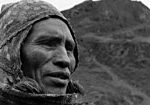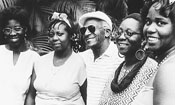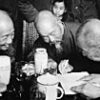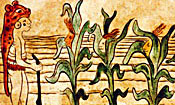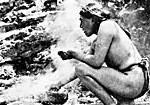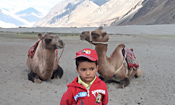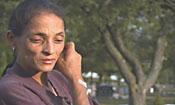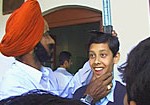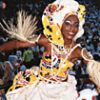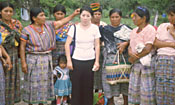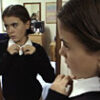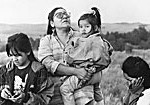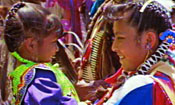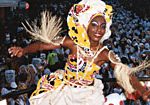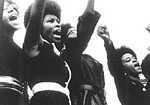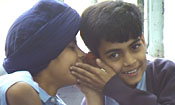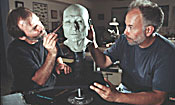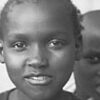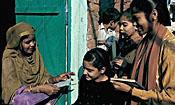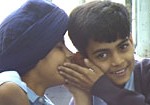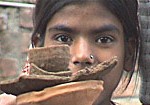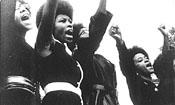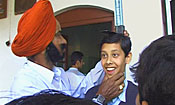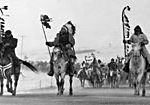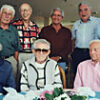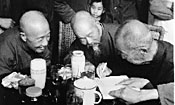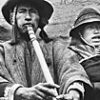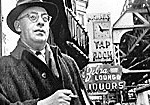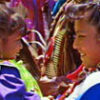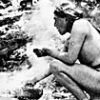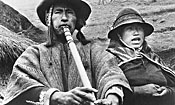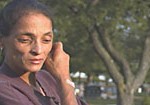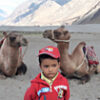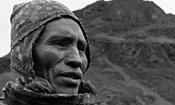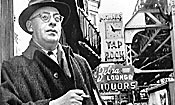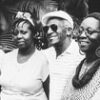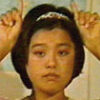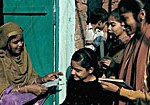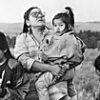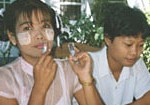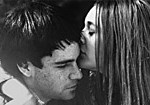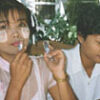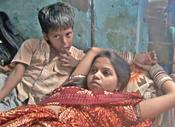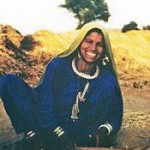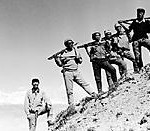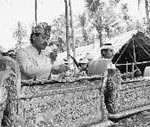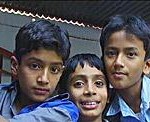Price: $295.00
This stunningly original and thought-provoking documentary, which was produced by renowned ethnographic filmmaker David MacDougall, presents the work of four 11-year-old filmmakers living in New Delhi, India.
Product Description
This stunningly original and thought-provoking documentary presents the work of four young filmmakers living in New Delhi, India. Their films offer a unique and intimate perspective on Indian family and working life.
From March to May 2012 the four — two boys and two girls — took part in a video workshop at the CIE Experimental Basic School, a government primary school. Each of the filmmakers was eleven years old and a resident of north Delhi at the time of filming, and none had made a film before.
The workshop was coordinated by renowned ethnographic filmmaker David MacDougall as part of the “Childhood and Modernity” Project, with the support of the Australian National University and the Australian Research Council. The four films are as follows:
My Lovely General Store by Ravi Shivhare (14:20)
In this film Ravi explores the day-to-day workings of a small general store near where he lives, where his uncle has a part-time job. The store stocks a wide range of items and caters largely to local customers. Ravi was interested in researching everything about the store with his camera — what the owners were like, the relations between them and the customers, what sort of customers came to the store, what sorts of things were bought, how the store maintained its stock, how they made deliveries, and how they handled the money involved.
The film focuses in part on a young delivery boy not much older than Ravi. The result is an up-close and highly personal portrait of the store, from dawn to dusk. And if you look carefully, half-way through the film you will see Ravi serving customers, shot from a camera that he has mounted on a tripod to film himself.
Why Not a Girl? by Anshu Singh (15:46)
In this film Anshu documents the oppression that many girls experience in their family life and the favoritism that is shown to boys. The result is a powerful indictment of gender relations in Indian society, in which girls shoulder much of the daily work in the home while boys are free to play and do as they wish. These conditions lead to depression, poor health, and poor educational opportunities for girls, affecting their long-term chances in life. At the end of the film, Anshu is found alone on the roof of her house, speaking with great intimacy to her camera about the injustice she has uncovered.
My Funny Film by Aniket Kumar Kashyap (15:48)
Aniket’s film is a high-spirited, kaleidoscopic study of his friends and family, exploring the many diverse aspects of their lives, from play to work, cooking, love, and music. The film contains song-and-dance routines, based on Bollywood movies, as well as fights, meals, piecework done in the home, and the impact of television and cell phones on daily life. The film provides a vivid portrait of Aniket’s immediate surroundings, and more detail about the domestic life of ordinary Indians than most films made by adults. The film includes the arrival of a new member of the family, much to Aniket’s fascination. It closes with a meditative scene of Aniket singing to himself some of the latest popular songs he has learned.
Children at Home by Shikha Kumar Dalsus (28:44)
Shikha’s original intention was to make a film examining what children do when adults are not present, but this evolved into a much wider study of children’s lives at home, focusing on her younger brother and a girl a little older than herself. The film offers an inside view of the daily rituals, work, study, and play of children in an extended family, their relations with adults, and the physical spaces in which they live. Like the other films in this series, this is a child’s acute view of the world, with a special perspective on the lives of other children.
Poignant, profound, and powerful, there is really no other documentary quite like Delhi at Eleven. It will inspire a wealth of thought and discussion in a wide array of courses in Asian and Indian studies, cultural anthropology, ethnographic film, and many other disciplines. It was produced by David MacDougall and is in Hindi, with English subtitles.

